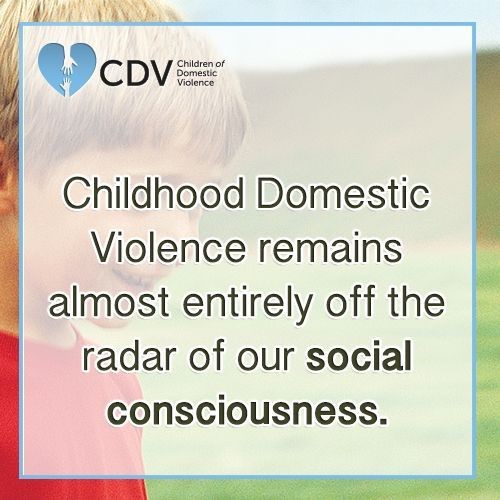Childhood Domestic Violence is the Unknown Adverse Childhood Experience (ACE)
Name-calling is often a sign of bullying. When growing up with domestic violence, however, it is the lack of naming that is damaging. What if defining that complex experience could actually help you heal it? What if recognizing it was the first step?
For example, as society came to define and name violence against women, we see more research and discussion regarding women in situations of domestic violence. There also needs to be a greater focus on all those who grew up living with it as well. “There are many more children in battered women’s shelters than women,” said Dr. Renee McDonald, noted researcher in family violence, in a recent interview.
There Isn’t a Common Name for Growing Up in a Violent Home
I don’t think this oversight is deliberate. When it comes to this idea of growing up with domestic violence, people don’t know what to call it. They struggle to define their experience and give it a name. Often, they don’t call it domestic violence because that refers to adults. Or they don’t consider it to have been child abuse because that most often refers to physical abuse.
Neither neglect nor emotional abuse adequately describes it. Many researchers will call it a child witness to intimate partner violence.
Have you ever heard of that?
A very small percentage of the population has heard of it, according to a recent study. Further, this word “witness” doesn’t work because it is a passive word and doesn’t adequately describe the impact.
There is Power in a Name
And so we, the sufferers of such a tremendously painful experience, remain nameless. When we are unable to name our experience, it can become difficult to acknowledge the fact that something terrible happened to us. Luckily, I believe that we are now moving toward a powerful naming for our experience.
I call it “growing up with domestic violence.” It’s a start. It provides us with a foundation for healing the experiences we endured as children. It also provides a way forward into love, trust, and forgiveness as adults. Childhood domestic violence is also a very effective name for it, and one that is gaining traction.
What would you call your experience growing up with domestic violence?

